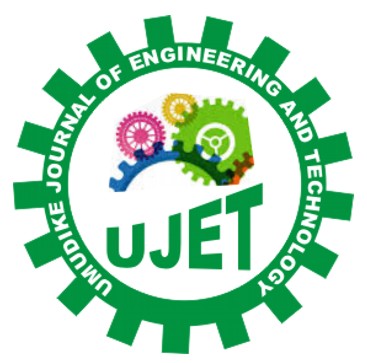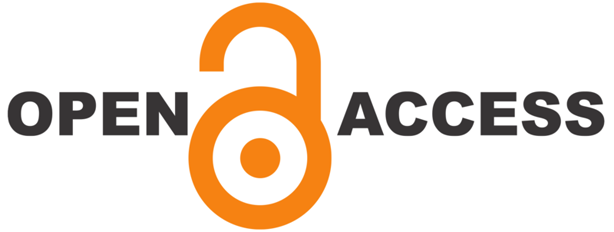|
Kadurumba, C. H.
Department of Mechanical Engineering, Michael Okpara University of Agriculture Umudike, P.M.B 7276, Umuahia, Nigeria
Igwe, J.
Department of Mechanical Engineering, Michael Okpara University of Agriculture Umudike, P.M.B 7276, Umuahia, Nigeria
Okorie, P. C.
Department of Mechanical Engineering, Michael Okpara University of Agriculture Umudike, P.M.B 7276, Umuahia, Nigeria
ABSTRACT
The primary aim of this study is
the development of an optimal maintenance policy for industrial equipment using
carbo-cooler equipment as a case study. The study predicted the future
condition state of the equipment and
thereby reducing unscheduled downtime. The Markov Chain methodology was used for prediction of future states and
quantification of changes in condition over time. The current limited
availability and inconsistency of performance assessment data, required to
populate the Markovian transitional probability matrix, however, limits the application of the Markovian model. The
matrices were populated through the model results in uncertainties in predicted
performance and cost results. It illustrated
that the limited availability of past
performance data on downtime of the equipment could
be supplemented with expert knowledge, translated into likelihood values, to
develop transition probability matrices for the Markov Chain. The results of
the status state extend the useful life cycle of equipment and decreasing the need
for capital replacements. The result reduced the
total operating cost of the equipment. The result concludes the
development of an optimal maintenance policy to curb
the excessive downtime caused by the carbo-cooler equipment by proffering that
the carbo-cooler equipment should be overhauled
every six months which implies twice in a year as against the annual
overhauling of the carbo-cooler being practised
presently in the company.
Keywords: Carbo-cooler, Maintenance, Ammonia, Markov chain, Forecast
|
View: 373 | Download: 7
Published
Wednesday, December 28, 2016
Issue
Vol. 2 No. 2, DEC 2016
Article Section
GENERAL
The contents of the articles are the sole opinion of the author(s) and not of UJET.
|


